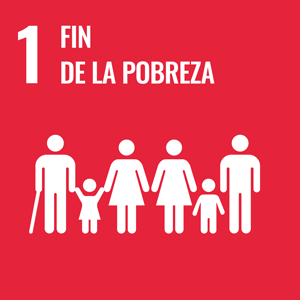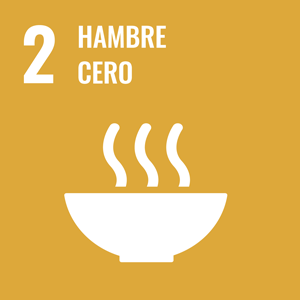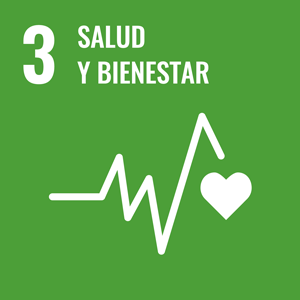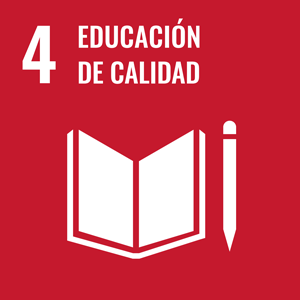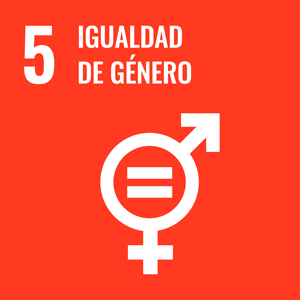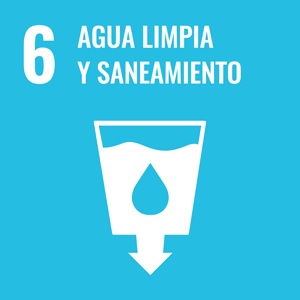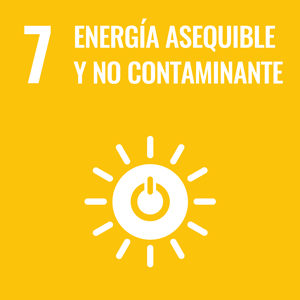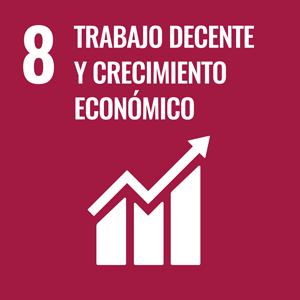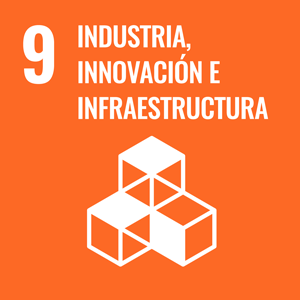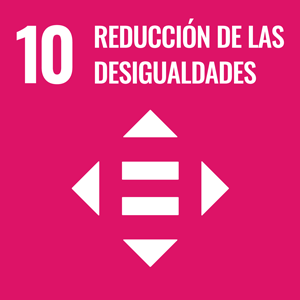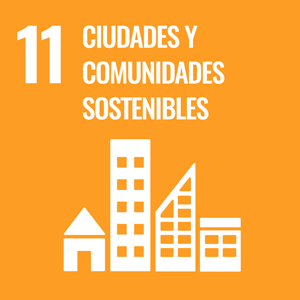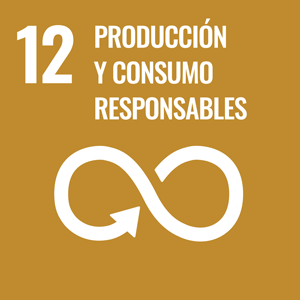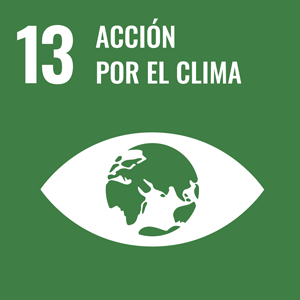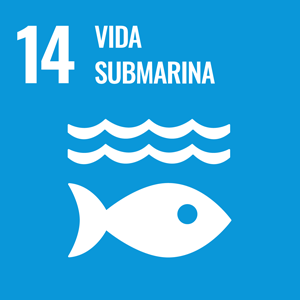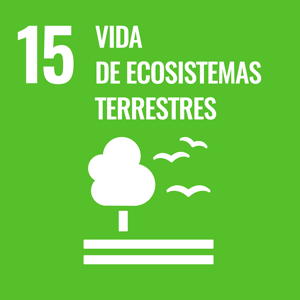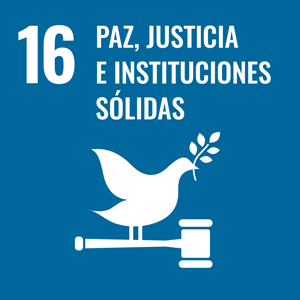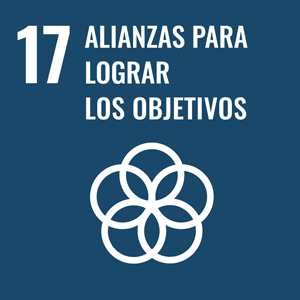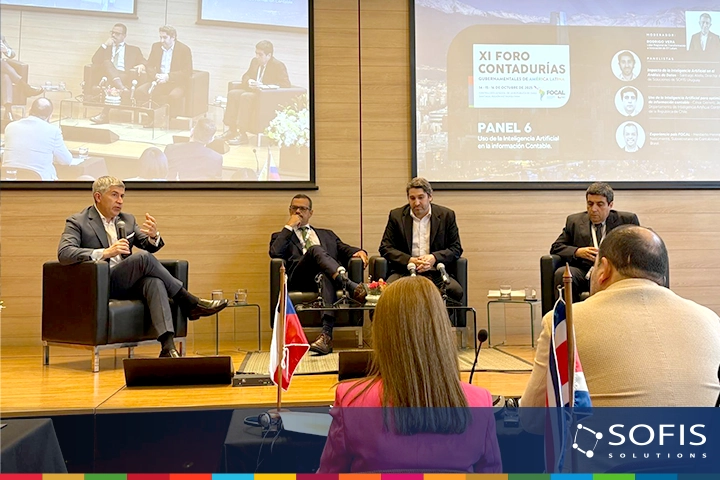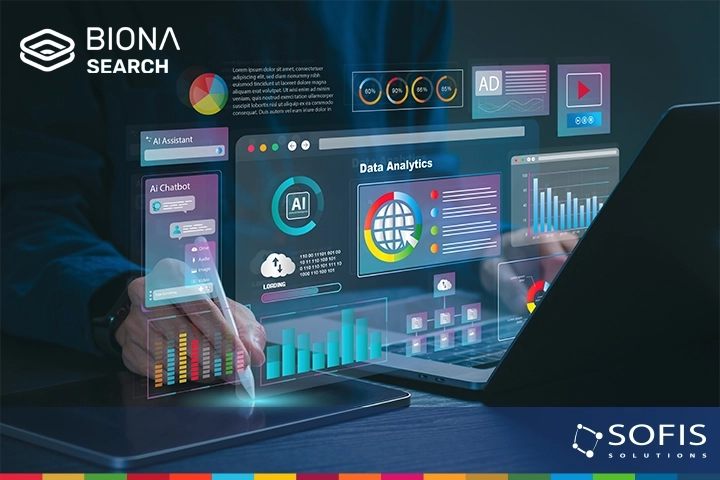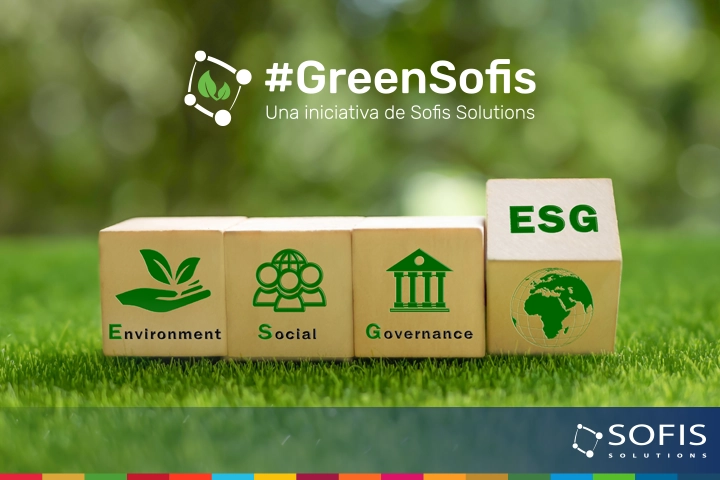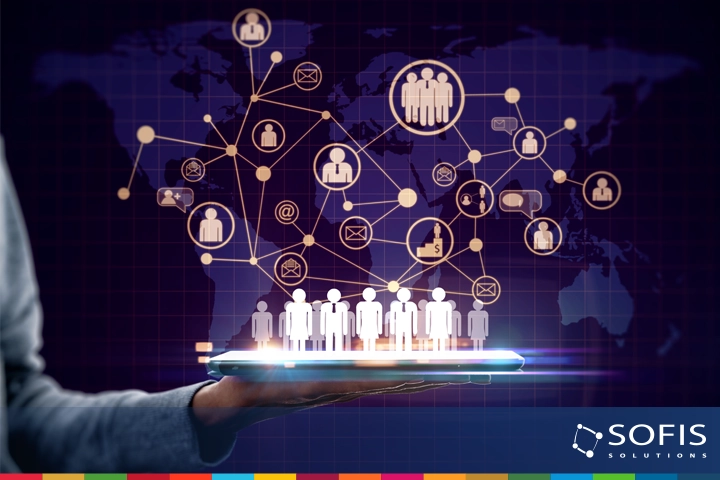-
Who we are
-
-
StrategyMission
To solve the challenges of organizations and communities through intelligent, secure, sustainable, and people-centered solutions, so they generate real value in their social and productive contexts.
VisionTo be the chosen company by organizations seeking to innovate with quality, purpose, and trust in the intelligent era.
Learn moreValues- Ethics and transparency
- Professionalism
- Respect
- Honesty
- Innovation
- Responsibility
- Effectiveness
- Integrity
- Customer orientation
- Punctuality
-
-
-
History
Sofis Solutions was born in 2005, in the city of Montevideo - Uruguay.
Since its inception, the main driver was and remains quality. This applies to processes, products, and relationships with the environment.The internationalization of the company It was one of the founding objectives. In the first stage, it expanded from Uruguay, and in the second stage, it opened offices in Latin American countries. Currently, it has offices in Montevideo, Panama, El Salvador and Ecuador.
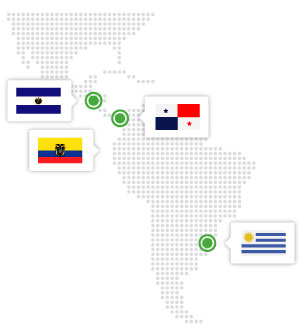
-
-
-
Alliances

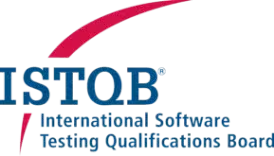



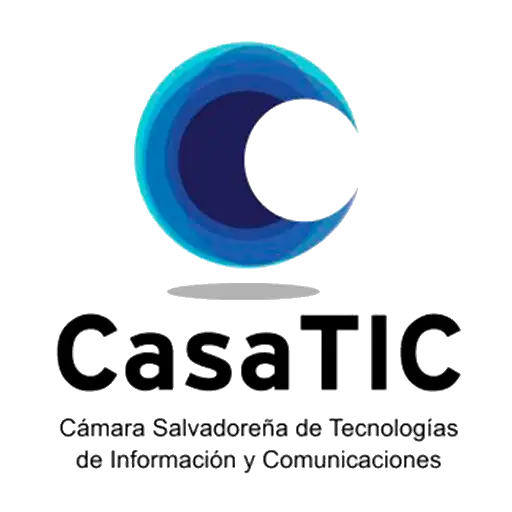


-
-
-
Certifications

CMMI-DEV-3
More informationNational Quality Award - 2023 Edition
More informationISO 9001:2015
Quality Management SystemISO 37001:2016
Anti-Bribery Management SystemISO 14001:2015
Environmental Management System
-
-
-
SustainabilityLearn more
Sofis Solutions integrates environmental, social, and governance (ESG) principles into its management and operations, driving sustainability through Digital Transformation. Its strategic approach prioritizes energy efficiency, digital inclusion, and transparency in digital governance, contributing to the responsible development of organizations.
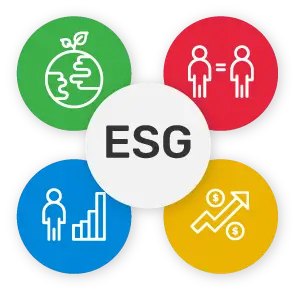
-
-
-
What we do
-
-
IT projectsLearn moreAt our Software Factory, we specialize in providing software development solutions with a focus on excellence and sustainability.
-
-
-
Software qualityOur software quality services comprehensively address the aspects or dimensions of software quality, addressing this approach throughout the entire software development cycle.
- Manual and automated functional suitability testing
- Performance testing
- Software product quality
- Software quality consulting
Learn more
-
-
-
Staff AugmentationLearn moreWhat is IT Staff Augmentation? IT Staff Augmentation is a specialized technical staffing model that enables organizations to increase their agility and respond to the changing technological needs of the market.
-
-
-
ConsultancyIn the public sector, strategic decisions and projects with citizen-centered designs and excellence have the power to transform entire communities.Learn more
-
-
-
BIonA SuiteBIonA Suite is a comprehensive platform for the intelligent management of processes and services in public and private organizations. BIonA Suite facilitates smart transformation with a focus on public value and user experience. Learn more
-
-
-
Projects
-
-
Recent projects
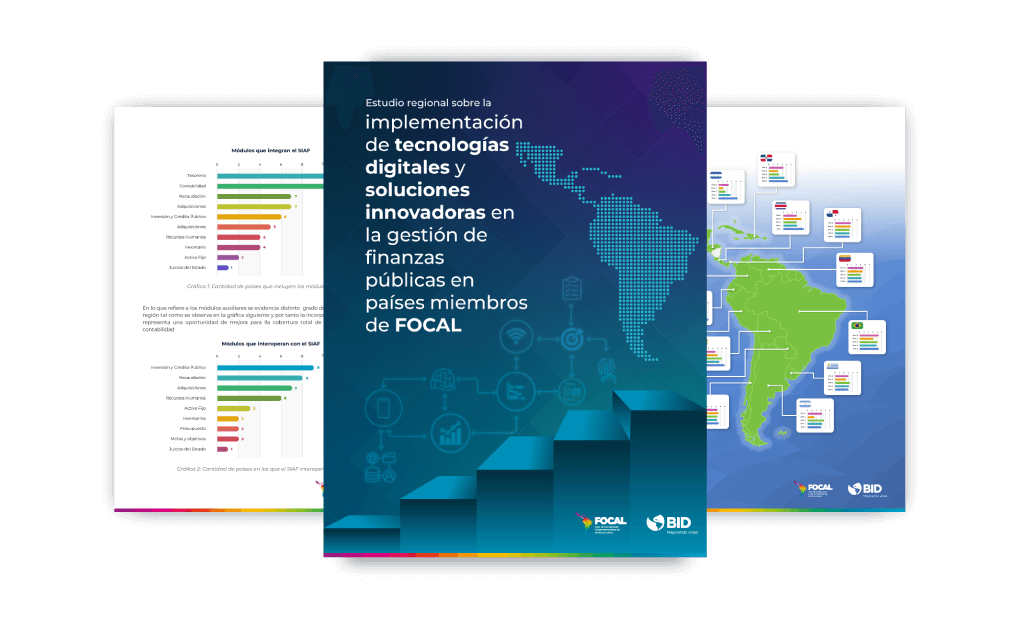 FOCAL Regional StudyFOCAL - El Salvador
FOCAL Regional StudyFOCAL - El Salvador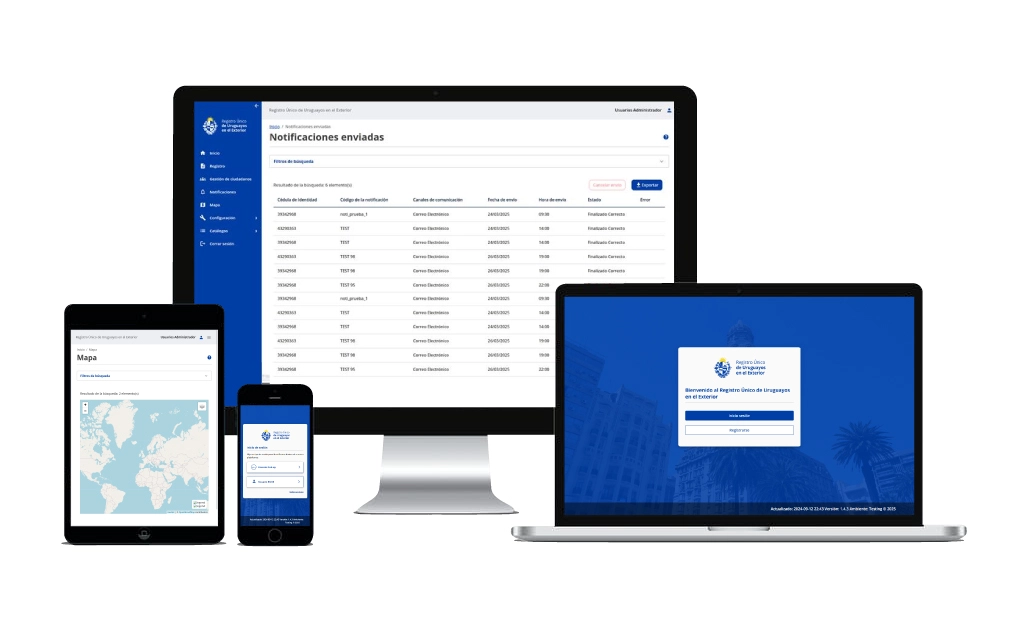 Single Registry of Uruguayans AbroadMinistry of Foreign Affairs - Uruguay
Single Registry of Uruguayans AbroadMinistry of Foreign Affairs - Uruguay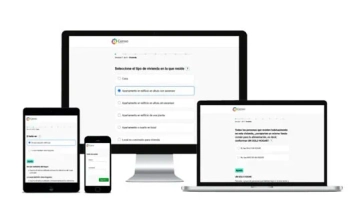 Population and Housing Census 2023National Institute of Statistics - Uruguay
Population and Housing Census 2023National Institute of Statistics - Uruguay
-
-
-
Digital Public InfrastructureWhat are Digital Public Platforms?ProjectsProducts
-
-
-
-
Mobile applicationsWe create hybrid, native, and PWA solutions for devices with Android and iOS operating systems.
Some of our projects:Digital Patrols, Ecuadorian Bovine Information System, Easy Budget UY, Digital Portfolio, SIGES Teachers App, SIGES Parents App.
Learn more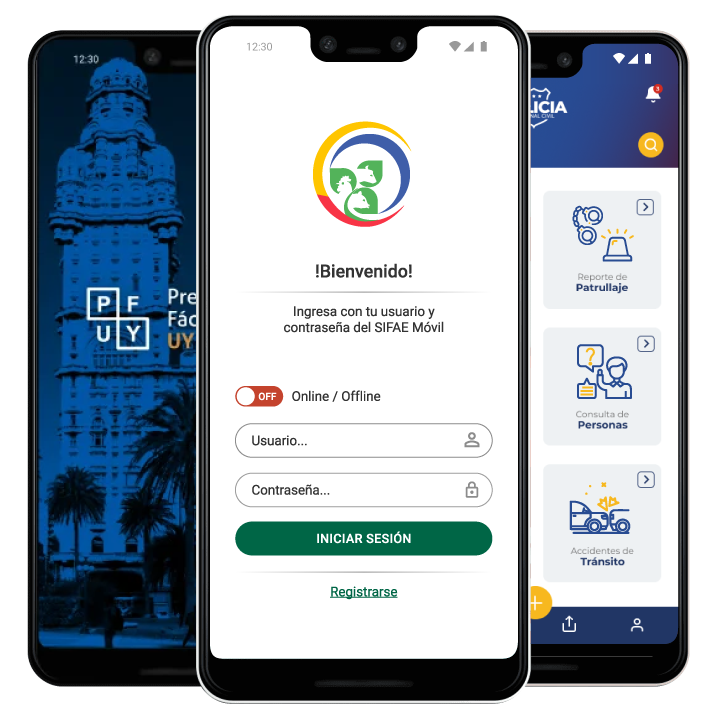
-
-
-
FOCAL regional studyThe purpose of the study was to carry out a regional analysis with the objective of identifying and evaluating the maturity level of the member countries of the Latin American Government Accounting Forum (FOCAL), currently composed of Argentina, Bolivia, Brazil, Chile, Colombia, Costa Rica, Ecuador, El Salvador, Guatemala, Honduras, Mexico, Nicaragua, Panama, Paraguay, Peru, Dominican Republic, Uruguay and Venezuela.Learn more
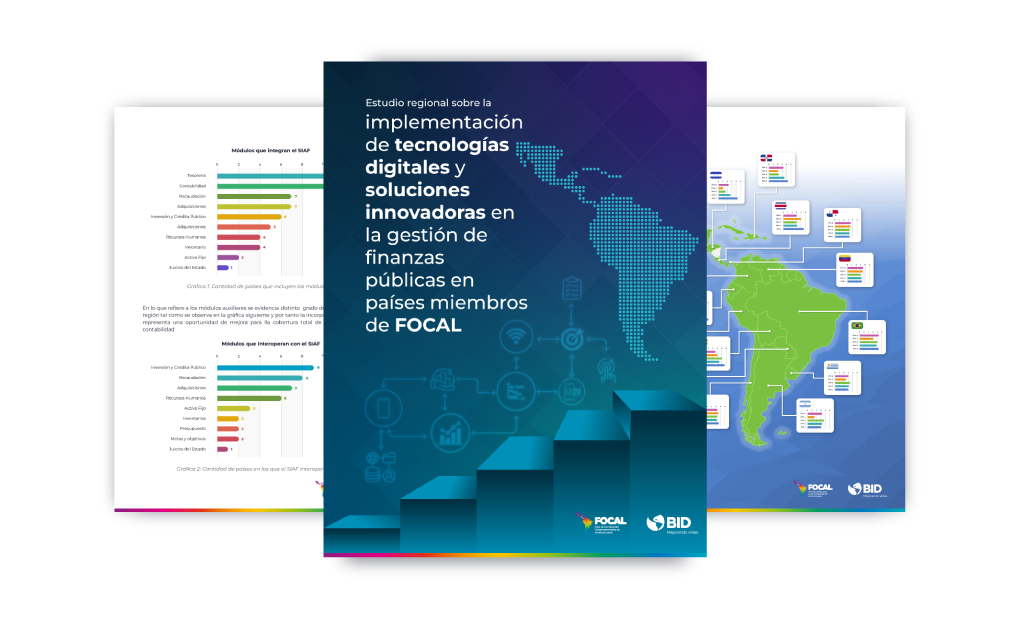
-
-
- AI
-
-
Artificial IntelligenceLearn moreAdvanced Artificial Intelligence (AI) and Big Data solutions that transform the way organizations make decisions and optimize their operations. We specialize in the development of intelligent autonomous agents and generative AI solutions using large language models (LLMs), both on local infrastructure and in the cloud.
-
- Press Room
-
-
Sustainable development
-
-
-
Interviews
 16/06/2025Virtual Threads in Java
16/06/2025Virtual Threads in Java
-
- Innovation
-
-
#GreenSofisMore information
Methodology
#GreenSofisSustainable Digital Transformation Conference
#GreenPath
-
-
-
AI For Everything
It is an initiative by Sofis Solutions, from the Intelligent Solutions Division, that promotes the adoption of artificial intelligence as a key driver of efficiency and effectiveness in the intelligent era.
It integrates both administrative and operational processes, promoting an organizational evolution where technology amplifies knowledge, optimizes decision-making, and generates value in a sustainable and inclusive way.
More information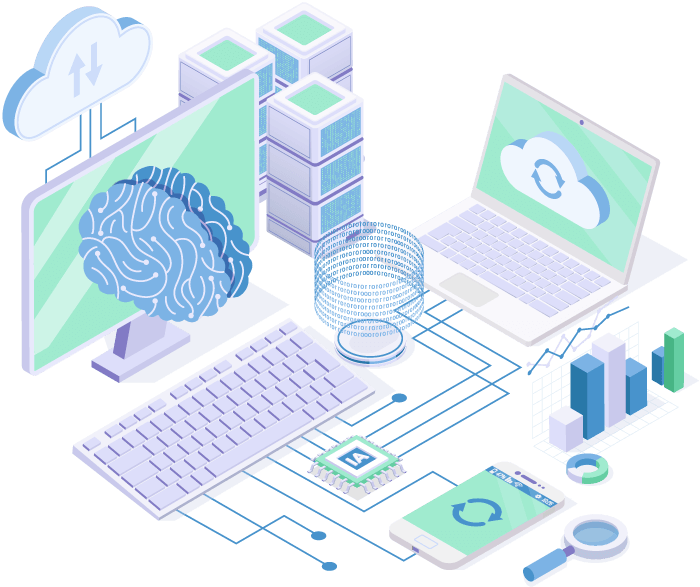
-
- Contact us
- ES PT-PT
-

A new edition of the Sustainable Digital Transformation Conference has concluded
Montevideo, November 16, 2023.
The Sustainable Digital Transformation Sessions of Sofis Solutions concluded with presentations on dark patterns and artificial intelligence
The second edition of the Sustainable Digital Transformation Sessions of Sofis Solutions successfully concluded after three days of various presentations focused on sustainability and the digital transformation of organizations, their opportunities, and challenges.
Néstor Menjivar opened the final day of the sessions with a presentation on dark patterns and their impact on user experience.
The designer, a member of the Sofis Solutions team, explained that these patterns are tricks or deceptions used on websites and apps to make users do things they did not actually intend, such as purchasing a product or signing up on a site.
These patterns can be identified by their persistence, for example, appearing repeatedly even when users try to avoid them, like the option to subscribe to a service; they can also present obstacles for users or hide relevant information, such as all the costs of a service. Some dark patterns manipulate the interface so that the user sees one option more prominently than others, for example, a product and a price higher than another.
Dark patterns affect Green web design because they create inefficient and complex user journeys that increase energy consumption, hinder information search, may cause accessibility issues, and fail to respect users’ privacy.
To avoid them and promote sustainability, it is recommended to have “ethics as a concept,” highlighted Menjivar, and to develop ethical web design that protects and ensures the human rights of users, while being pleasant, reliable, functional, accessible, and secure.
Equality inside and outside the virtual space
In the second part of the sessions, Paul Ayala, Emerson Nájera, and José Sandoval spoke about artificial intelligence (AI) and how it can contribute to combating corruption, automating tasks such as reviewing transactions or investigating complaints, and also in the association of individuals and entities.
The development of AI also seeks to create a balance between technological advances, social well-being, and sustainability, reducing energy consumption, driving digital government projects, and promoting inclusion.
In this context, avoiding algorithmic bias is fundamental, they emphasized, as it can disproportionately affect different people.
A recommendation to prevent these biases is to feed the models with truly diverse data that does not disadvantage certain individuals. “Models must be fed with information that represents everyone,” Sandoval stated.
The Sofis team discussed digital transformation and highlighted that global trends and future technology strategies include sustainability, a topic aligned with the work of Sofis Solutions.
Summary of the 2023 edition
To conclude, Gustavo Cirigliano, director of Sofis Solutions, provided an overview of the Sustainable Digital Transformation Sessions and the initiatives and projects carried out by the company in favor of sustainability, such as Green Sofis.
He highlighted the intention to reduce greenhouse gas emissions by implementing new consumption models and announced that one initiative will involve moving part of the company’s operations to the cloud.
Additionally, he previewed projects and initiatives for the coming year, some of which will involve automation and AI. Santiago Atella, director of Sofis, shared a new company initiative that will include the use of generative AI with the team.
The next sessions will be held in June 2024, with participation from both collaborators and clients of Sofis Solutions, and will focus on actions related to Digital Transformation, the director revealed.
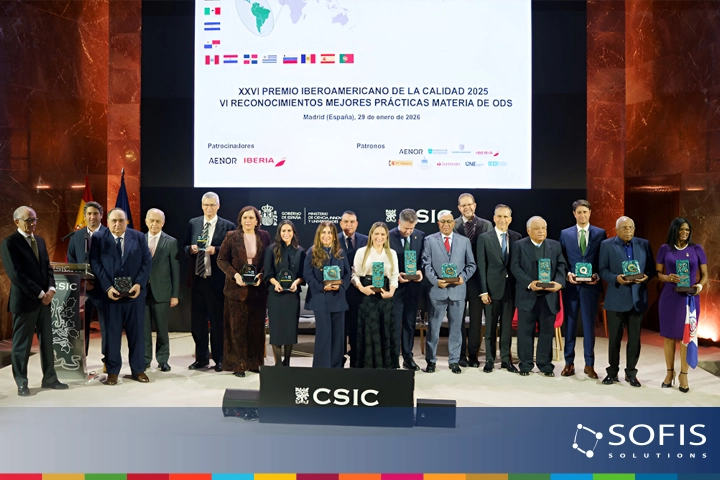
Madrid, January 29, 2026 – Sofis Solutions was honored with the Silver Award at the 2025 Ibero-American Quality Award, the highest recognition for exc......
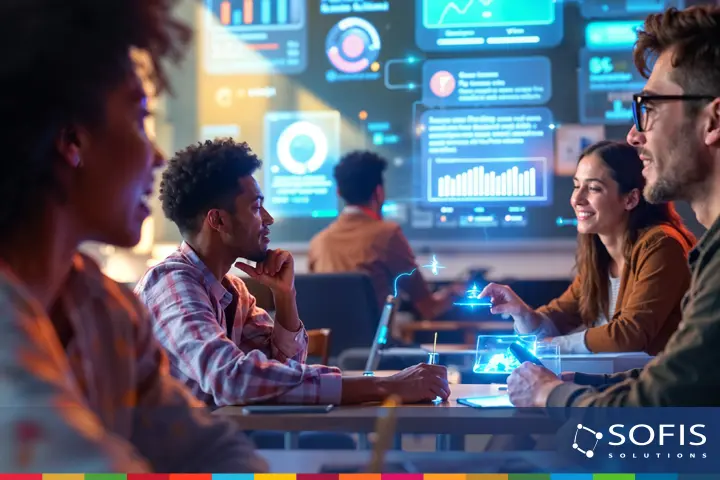
In this interview we talked with the Software Engineering Group of Sofis Solutions, a team that has been actively working on the evolution of its deve...
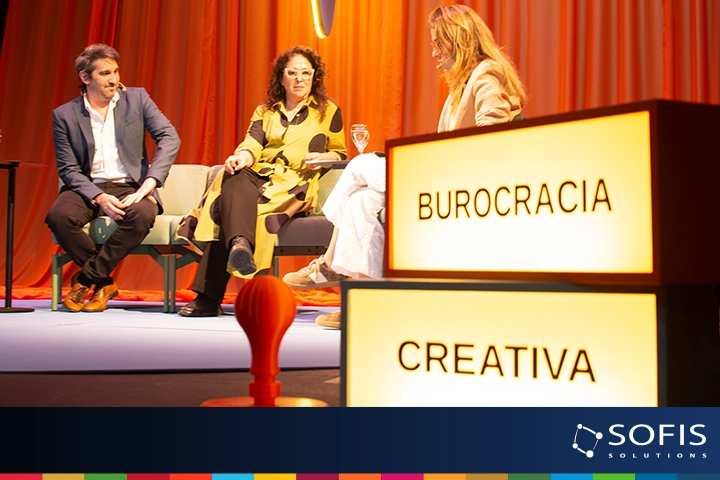
On November 20th, the pilot edition of Creative Bureaucracy UY 2025 took place at the Sala Verdi, the local precursor to the Creative Bureaucracy Fest...












 Digital Signature
Digital Signature BionA Suite
BionA Suite Biona SIgn
Biona SIgn